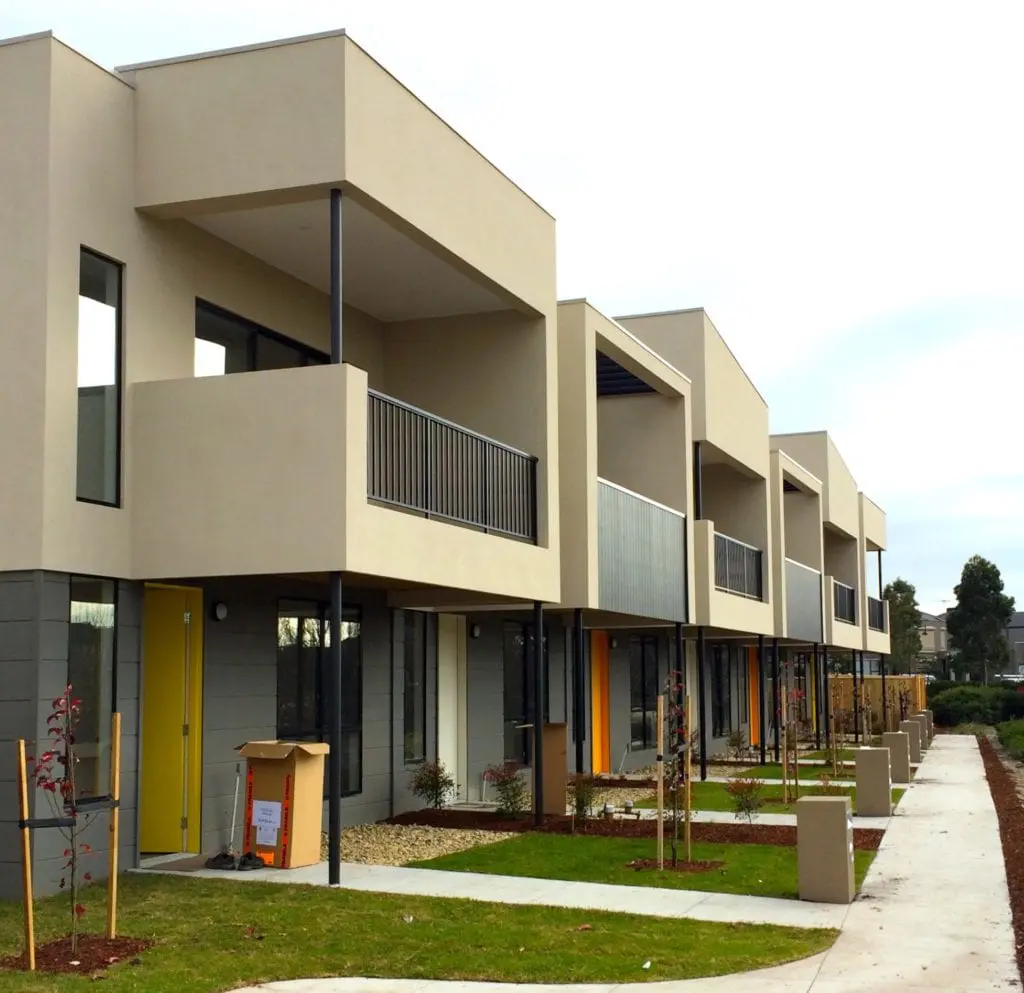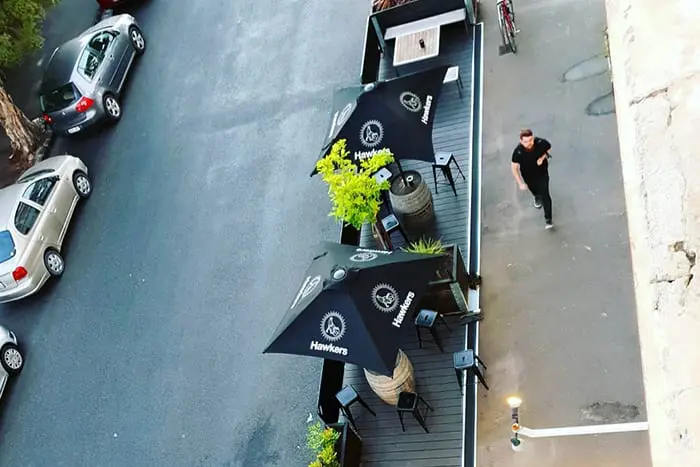_Planning Scheme Changes
The Victorian State Government recently gazetted two changes to the Victorian Planning Provisions, which introduced Amendment VC169 and Amendment VC193.
Amendment VC169
Amendment VC169 implements reforms relating to assisting in directing a balanced outcome for housing growth, built form and housing policy. Specifically, changes were made to various clauses of the Planning Policy Framework in order to introduce policy to ensure preferred neighbourhood character and housing growth objectives correspond with each other whilst also simplifying, clarifying and consolidating various housing policies under clause 16.
Of particular interest is the change to clauses 15.01-5S (Neighbourhood Character) and 16.01-1S (Housing Supply), which introduce the following wording to strengthen the ability to create a new or preferred neighbourhood character where higher density housing is identified.
“Ensure the preferred neighbourhood character is consistent with medium density and higher density housing outcomes in areas identified for increased housing” (Clause 15.01-5S).
“Facilitate diverse housing that offers choice and meets changing household needs by widening housing diversity through a mix of housing types. Encourage the development of well-designed housing that:
- provides a high level of internal and external amenity;
- incorporates universal design and adaptable internal dwelling design.
Support opportunities for a range of income groups to choose housing in well-serviced locations.
Plan for growth areas to provide for a mix of housing types through a variety of lot sizes, including higher housing densities in and around activity centres” (Clause 16-.01-1S).
Although these changes might seem minor, Collie welcomes them as they provide greater certainty on the ability to provide for a preferred neighbourhood character (rather than the often over-emphasis on the status quo) and higher density housing, in areas where such need is identified through structure planning or is appropriate due to the proximity to key services such as an activity centre.

Generally, VC193 has introduced a planning permit exemption for venues to serve food and drinks in adjoining outdoor spaces beyond the venue itself, such as footpaths, car parks and nearby parks. The exemption provided by VC193 is temporary and will expire 12 months after the state of emergency is lifted.
Whilst Collie welcomes the changes and sees it as an innovative approach by the State Government to increase economic activity in a Covid safe manner, such outdoor dining now allowed by VC193 may still require approval under a local government by-law. As a result, a Council may still refuse to grant a local laws permit for venues to trade in these extended outdoor areas despite the planning permit exemption. .Quite fairly also, Councils may be concerned about dining / drinking in parks if it alienates other park users of creates additional maintenance requirements.
Given that VC193 has only been recently introduced, we will be interested to see how each local Council responds to the change and whether VC193 actually brings about increased outdoor dining possibilities. This is certainly a ‘watch this space’ issue. Given that VC193 has only been recently introduced, we will be interested to see how each local Council responds to the change and whether VC193 actually brings about increased outdoor dining possibilities. This is certainly a ‘watch this space’ issue.

